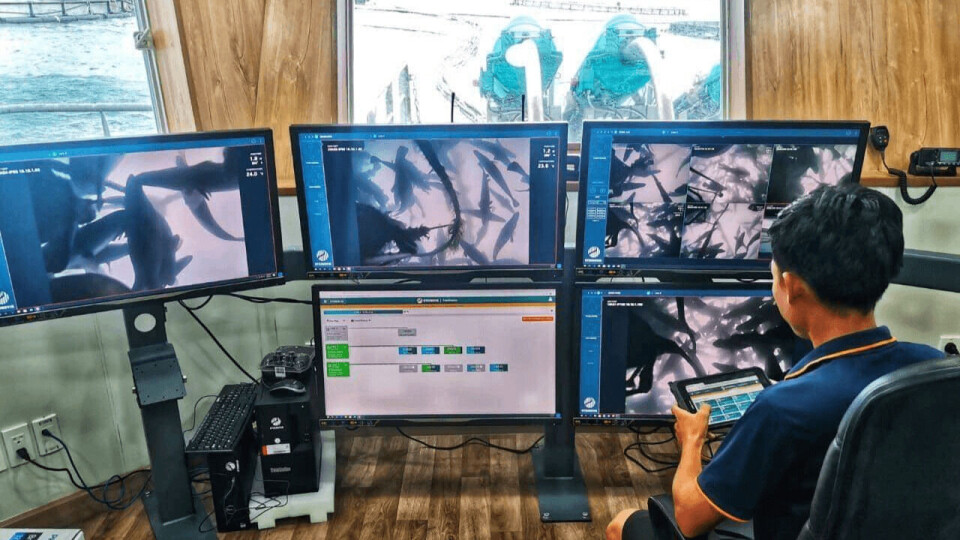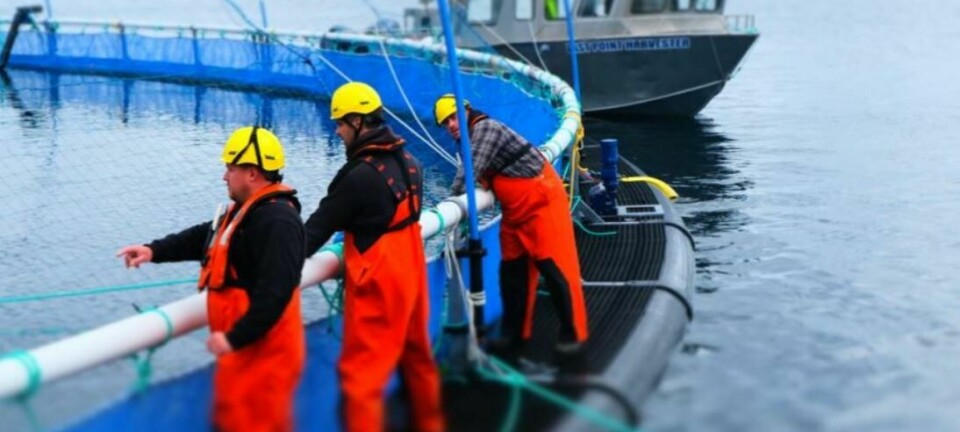
Barramundi breeding 'improves FCR by 12%’
An advanced breeding programme run by Vietnam barramundi grower Australis Aquaculture in conjunction with Scottish genetics services company Xelect since 2018 is believed to have improved feeding efficiency by 12%.
Feed represents around two thirds of production costs for fish farmers, so improving feed conversion ratio - the ratio between the amount of food consumed and weight gained – can mean a large reduction in cost.
However, feed conversion efficiency is difficult to measure in commercial aquaculture settings, as fish are communally raised in very large numbers. Recent scientific discoveries suggest that other characteristics can serve as a useful proxy. For example, fasting tolerance - the ability to maintain weight when feed is withheld for short periods - has been shown to be highly correlated with conversion efficiency.

Heritable trait
Dr Marie Smedley, senior breeding programme manager at St Andrews-based Xelect, said: “Essentially, an individual that spends less energy maintaining weight has a lower maintenance energy requirement which translates to improved feed efficiency. Our latest trial with Australis suggests that significant gains are possible – with high weight maintenance groups showing a 12% improvement in FCR over low weight maintenance individuals.
“Because this trait is also ‘heritable’, a significant part is down to genetics. Therefore, fasting evaluations can be performed routinely to select the most feed efficient broodstock in Australis’ breeding programme. The trial was concluded in November but we’ve already been able to apply the findings commercially to the breeding programme.”
Australis chief executive Josh Goldman said: “We were thrilled by the strength of the results and power of the analysis which has allowed us to assess large numbers of individuals for such an economically important trait.”
The company’s R&D manager, Bartek Wieczorek, said that evaluating fasting tolerance gave Australis an accessible means to precisely evaluate individuals and assign breeding values for feed efficiency without compromising fish welfare.






















































